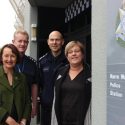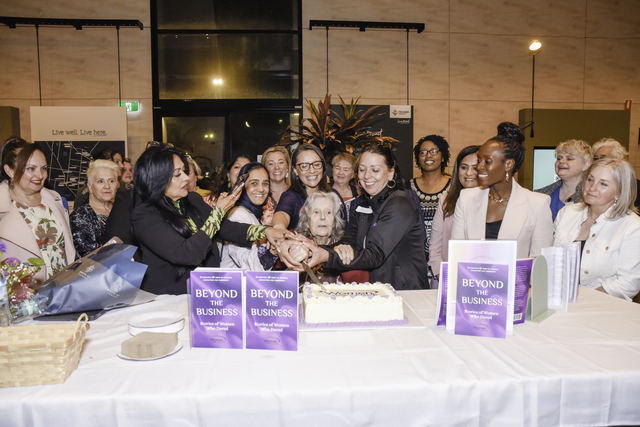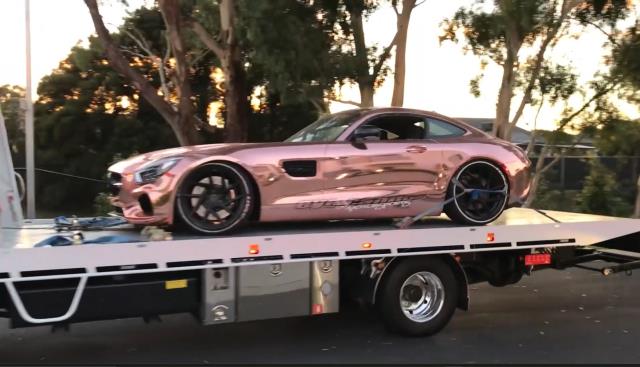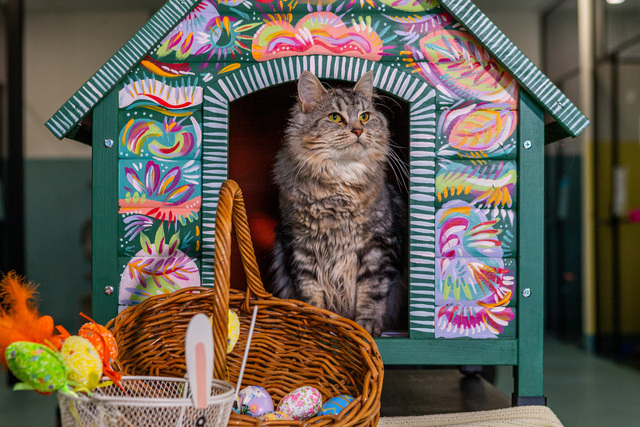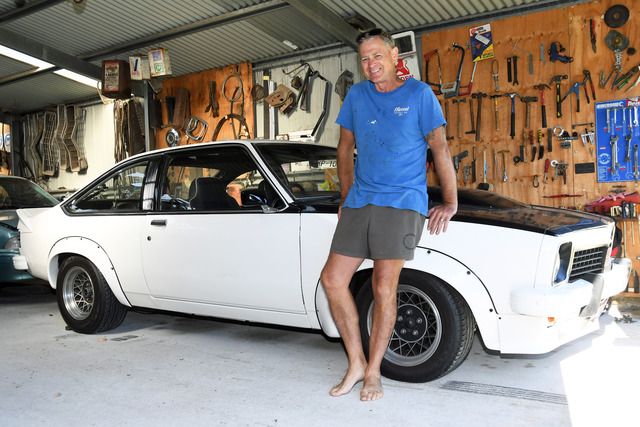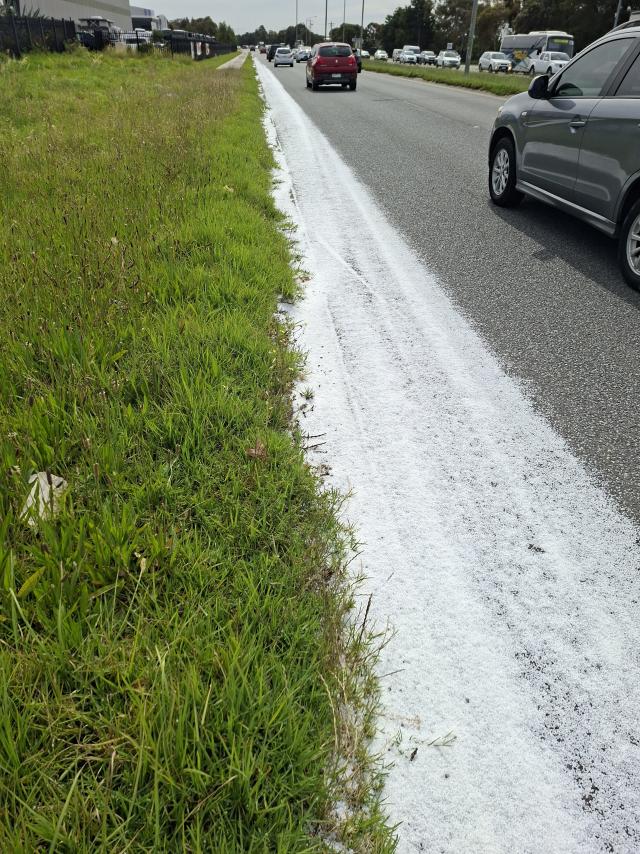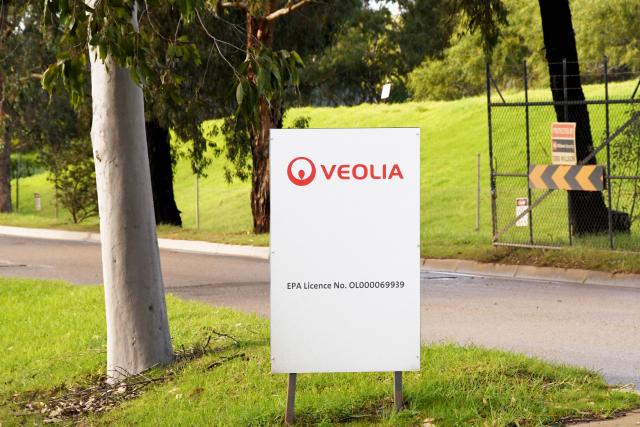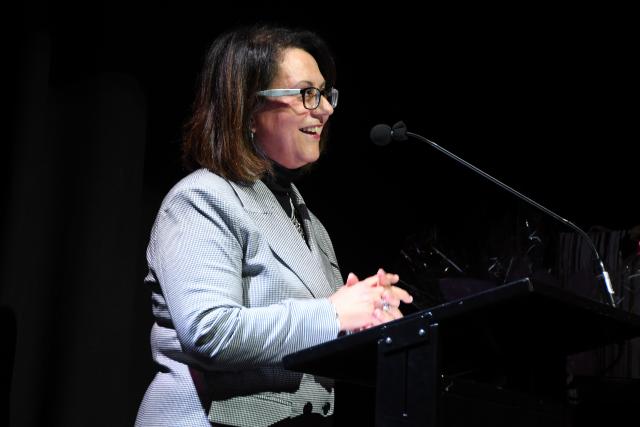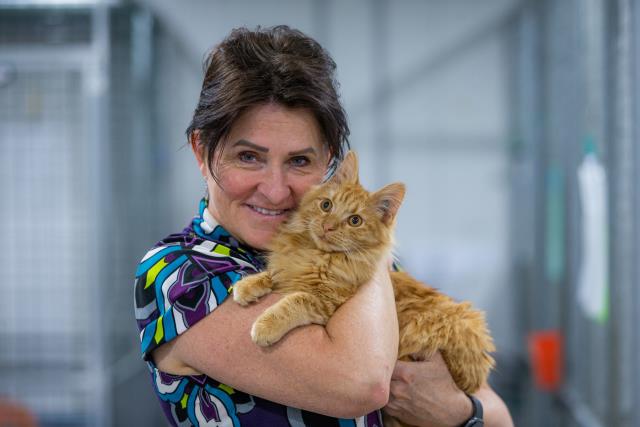By Cam Lucadou-Wells
Minister says young criminals don’t care…
Police Minister Lisa Neville has revealed “some of the biggest money we’ve seen” will be poured into breaking the cycle of high-risk crime by gangs of young offenders in Casey.
And she has labelled Casey council’s law-and-order campaign as “self-interested” and that the council had not taken up an offer to discuss policing in the area.
In an exclusive interview with Star News, Ms Neville said traditional approaches were failing to deter young people taking part in the spate of car jackings and aggravated burglaries.
They were a “different group” – about 570 across the state – unafraid of being locked up and re-offending as soon as they were released from custody.
“We’ve got less young people offending but got this group offending at very high rates.”
During a tour of Narre Warren police station, Ms Neville announced “place-based grants” would shortly be unveiled for high-risk areas such as Casey.
The grant will fund a response tailored by a local round-table including police, magistrates, community leaders, school principals, youth agencies, DHHS and corrections staff.
It would include links to training and employment for offenders and be partnered by an injection of specialist youth workers.
Ms Neville said Operation Cosmas had made more than 180 arrests of the cohort this year but the issue was “breaking the cycle” of offending.
“This is about thinking outside the square because the traditional diversions and traditional interventions on young people who offend are just not working,” Ms Neville said.
“There’s a bit of a lack of empathy from the young people. There’s a lack of fear about the consequences so they don’t mind being locked up.
“In fact, many don’t seek bail. They plead guilty and they’re happy to get their sentence.”
Ms Neville said Dandenong-based magistrates were being stricter on bail and holding Youth Justice staff to account for bail breaches.
On the tour, detectives told Ms Neville there were a group of up to 40 regular offenders in Casey but when “you arrest half-a-dozen, you find a couple of new faces”.
The offenders didn’t seem to be motivated by money, but just “the thrill”. Police would find stolen cars with a bounty of stolen items still left inside.
A detective told Ms Neville that more engagement programs – especially for first offenders – were needed because detention wasn’t a deterrent.
Indeed, Parkville juvenile detention centre was seen as a cross-breeding network for youth gang members across the state.
Forensic services officers told of the sheer numbers of offences – a dozen stolen cars waiting for them to inspect. On some days, a waiting list of three or four homes that had been invaded and raided by young gangs.
Ms Neville noted home invasions and car jackings were still small in number, about 1 per cent of burglaries and car thefts respectively.
“But they have such a significant impact because they cause such harm to individuals and their families, and it reverberates in the community.
“There’s a genuine sense of concern and fear in the community.”
She rejected Opposition and Casey council arguments that the municipality had cuts in full-time-equivalent police officers.
There were 60 more FTE staff since 2014 – including general duties and specialist family violence units, Ms Neville said.
The 406 new police across the state by April will be prioritised under a new deployment model for growth corridors such as Casey, Ms Neville said.
She said Casey council’s anti-crime drive was inappropriate.
“This should not become a local government election issue.
“That’s not good for the community. That’s not going to make any of us safer.
“They have not taken up the offer to meet and have a conversation on policing issues in the area.”
Narre Warren South MP Judith Couacaud Graley said there had been a lot of recent “misrepresentation” on the issue.
“It hasn’t been helpful. We’re here today to be the voice of reason and the force of action to deal with this problem.”

